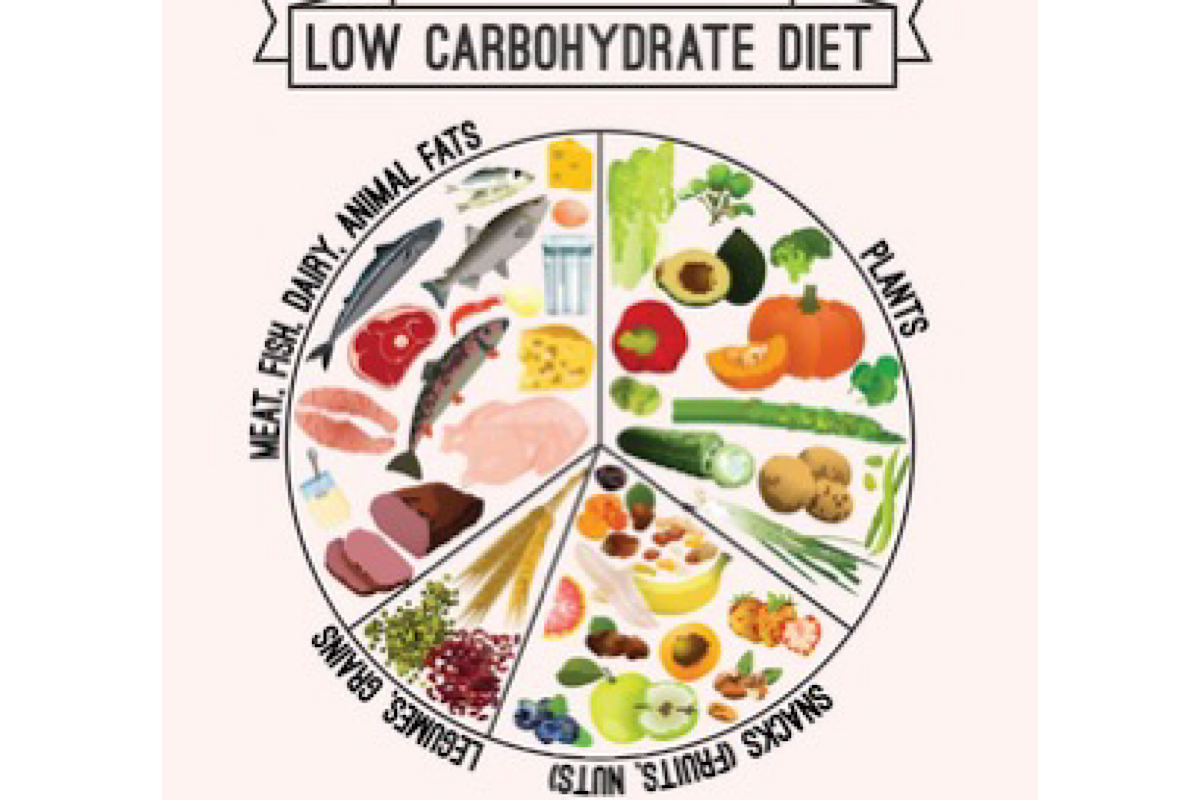Low-carb diet for weight loss?
Most people can lose weight if they restrict calories in diet and increase physical activity.
A new study shows that an animal-based low-carb diet may not help you lose weight, but a plant-based one may help.

Meat-based low-carb diet may not aid in weight loss: Study
Following a low-carbohydrate diet to cut your weight?
A new study shows that an animal-based low-carb diet may not help you lose weight, but a plant-based one may help.
Advertisement
The study led by researchers at Harvard T.H. Chan School of Public Health found that low-carbohydrate diets, consisting mostly of plant-based proteins and fats with healthy carbohydrates such as whole grains, were associated with slower long-term weight gain.
Advertisement
On the other hand, low-carb diets, high in animal-based proteins and fats or refined carbohydrates, were associated with faster long-term weight gain.
“Our study goes beyond the simple question of, ‘To carb or not to carb?'” said lead author Binkai Liu, research assistant in the Department of Nutrition.
“It dissects the low-carbohydrate diet and provides a nuanced look at how the composition of these diets can affect health over years, not just weeks or months.”
For the new study, published in JAMA Network Open, the team analysed the diets and weights of 123,332 healthy adults from as early as 1986 to as recently as 2018.
The study found that diets comprised of plant-based proteins and fats and healthy carbohydrates were significantly associated with slower long-term weight gain.
Participants who increased their adherence to a total low-carbohydrate diet — overall lower carbohydrate intake; animal-based proteins and fats; plant-based proteins and fats; and animal-based proteins, unhealthy fats, and carbohydrates coming from unhealthy sources such as processed breads and cereals on average gained more weight compared to those who increased their adherence to healthy low-carbohydrate diet (HLCD) — plant-based proteins, healthy fats, and fewer refined carbohydrates — over time.
These associations were most pronounced among participants who were younger (below 55 years old), overweight or obese, and/or less physically active.
The results for the vegetable-based low carbohydrate diet were more ambiguous.
While data from one study showed an association between higher vegetable-based low-carbohydrate diet scores and less weight gain over time, the data around the same diet were more mixed.
“The key takeaway here is that not all low-carbohydrate diets are created equal when it comes to managing weight in the long-term,” said Qi Sun, associate professor in the Department of Nutrition.
“Our findings could shake up the way we think about popular low-carbohydrate diets and suggest that public health initiatives should continue to promote dietary patterns that emphasise healthful foods like whole grains, fruits, vegetables, and low-fat dairy products,” Qi added.
Advertisement